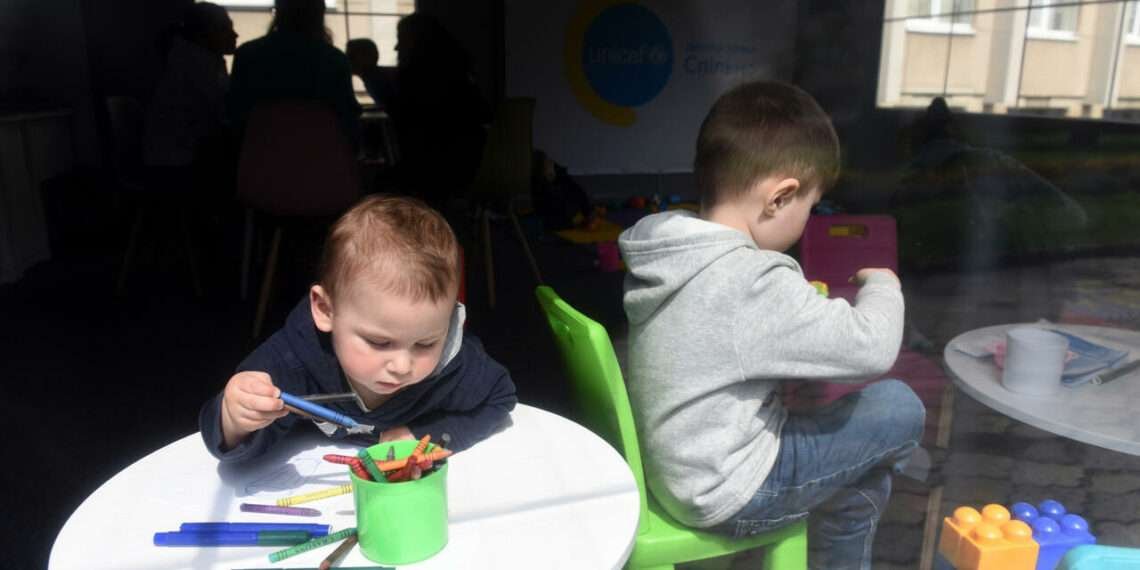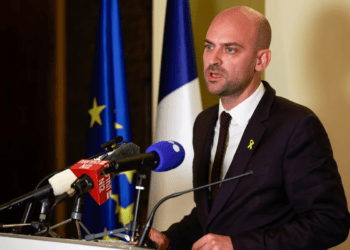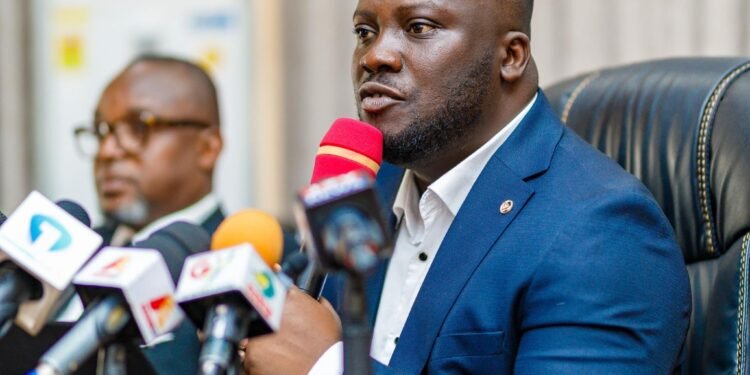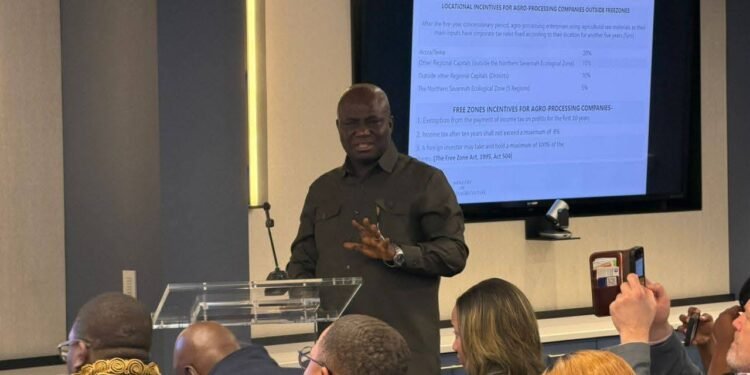Inside a tent for displaced children in Western Ukraine, 12-year-old Natan said his cat, Marquisa, is not acting normally, sleeping all day and staying awake all night.
Maybe it is because she was so stressed after all the Russian bombs on his home city of Mariupol, Nathan said, as his fluffy white pet snoozed in its carrier box. Leaving her to rest, he joined other children playing, some stacking cubes under dangling origami, others colouring cartoon characters with crayons.
According to Save the Children (a humanitarian group), Russia’s invasion on Ukraine has forced at least, two-thirds of the country’s 7.5 million children to flee their homes. As the war continues into its 10th week, organisations working with children are increasingly concerned about the mental toll it is taking on younger Ukrainians and their parents.
Outside a municipal building in the Western city of Lviv, Natan waited in the tent set up by the UN’s children agency, UNICEF, for his parents to finish government paperwork. Natan crawled around the playmat, giving a younger child a ride on his back. “He’s always been sociable,” Nathan’s mother, Olena said, who returned hours later to retrieve him from the caregivers. But reports said later that evening, Natan and his parents were catching the train Eastwards to start a new life in Ukraine’s capital, Kyiv, and she believed that despite his smiley demeanour, her son is a little worried. One medical assistant disclosed that “He’s afraid to go there. He survived the bombardment (in Mariupol), he knows what it’s like”.
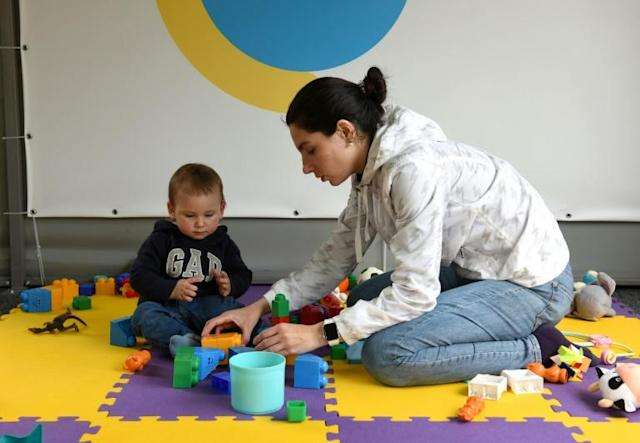
Search for a Mother and Son
The family arrived in Lviv in early April 2022, after escaping the besieged Port City of Mariupol, braving Russia’s shelling to run back from a shelter into their burning flat to rescue their cat, Marquisa.
But sleeping on a schoolroom floor in Lviv has been far from ideal, and it is time to try their luck in Kyiv after the Russians withdrew from its devastated suburbs. Since escaping Mariupol, Olena accompanied her 16-year-old daughter all the way to a youth hostel in Germany. But Olena (mother-of-three) said she needs to remain in Ukraine.
Olena also disclosed that the Russians took her 28-year-old son as a prisoner, and also lost all contact with her mother in Mariupol, a city now almost entirely under Russian control after weeks of brutal siege. “I can’t just leave with my children. I need to find my mother and my son,” Olena added.
As Natan and his parents walked off with Marquisa in her box, the young boy turned around and waved goodbye. Just hours later, a Russian missile hit the capital while the UN Secretary-General, Antonio Guterres, visited the capital, killing one person.
A Devastating Moment for Families
Child Psychologist, Natalia Tybura, intimated that she’s seen many parents and children in the UNICEF tent since the conflict started. Several came asking for advice about a son being more aggressive than usual, and she advised them to allow their child to vent through sports. But many more parents, especially those who escaped Mariupol, just wanted to confide in someone.
They often felt wracked with guilt at having been forced to leave a loved one behind, or desperately wished they brought along more images of their family. Tybura said “What people regret the most, more than property, are the photos they could not take with them. Many people talk about family albums, and some were even forced to delete the images on their phones” to be able to cross Russian checkpoints out of the city.
The Psychologist said that among the worst hit, she saw children who fled Mariupol on foot with their families after weeks of being trapped inside the city. “Their minds had switched to survival mode,” Tybura said. But she warned that trauma could as well manifest itself at a later stage, and the country should brace itself for a mental health landslide after the war has ended. “There will need to be a lot of support”, especially for families with members returning from the war front.
READ ALSO: Lawyer Amaliba Avers State Institutions Have Become Compromised

